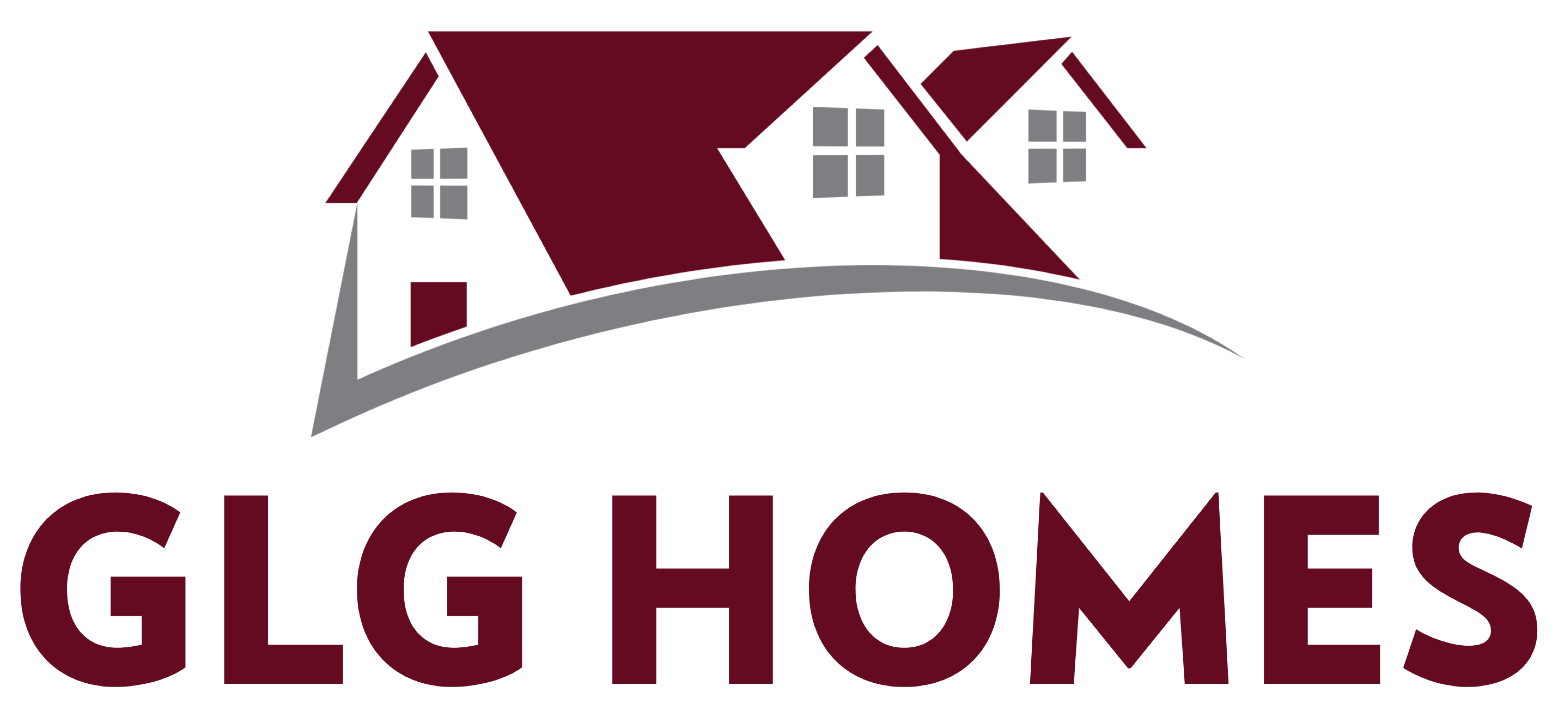Renovation of a Home can Add Immediate Resale Value
Renovating your home can be an exciting and potentially lucrative endeavor. However, it’s important to assess the potential increase in value before diving into a project. In this blog, we’ll guide you through the steps to accurately determine the rise in your home’s value post-renovation.
Step 1: Initial Property Valuation
Before starting any renovations, it’s crucial to get an accurate valuation of your home’s current worth. This can be done through a professional appraisal or by consulting a real estate agent. This initial valuation serves as a baseline to measure the impact of your renovations.
Step 2: Research Comparable Properties
Look for recently sold properties in your area that are similar to your home in terms of size, location, and amenities. These are known as “comps.” Analyzing comps will give you an idea of the potential value your renovated home could command in the market.
Step 3: Determine Renovation Costs
Estimate the costs of the renovations you plan to undertake. This includes materials, labor, permits, and any unforeseen expenses. It’s important to be as detailed as possible to get an accurate assessment.
Step 4: Calculate Return on Investment (ROI)
Use 70% of the renovation cost + your current home value. The 70% rule is a guideline stating that, on average, renovations return 70% of your initial investment. Most renovations do not have a dollar-for-dollar return. To estimate your home value with improvements, a renovation value calculator would be Current Home Value (e.g. $400,000) + 70% times the Renovation Cost (e.g. $50,000) equals the estimated new home value.
For example: $400,000 + (.7 x $50,000) = $435,000
Keep in mind, this also assumes you are considering an immediate resale. The renovation creates a “forced appreciation” but over time that appreciation will move as the market does.
Step 5: Consider Market Trends
Stay informed about current real estate market trends in your area. Factors like demand, supply, and economic conditions can influence property values. This information will help you make informed decisions about the timing and scope of your renovation project.
Step 6: Consult Professionals
Seek advice from real estate agents, appraisers, and contractors. They can provide valuable insights based on their expertise and experience in the local market.
Step 7: Keep Records
Document every detail of the renovation process, including expenses, contracts, and before-and-after photos. This information will be valuable when it comes time to market your home.
Home Renovation can be a Value Game Changer
By following these steps, you can make informed decisions about renovating your home and accurately gauge the increase in its value. Remember, every renovation project is unique, so it’s essential to do thorough research and consult professionals to ensure you’re making the right choices for your specific property and market conditions.

